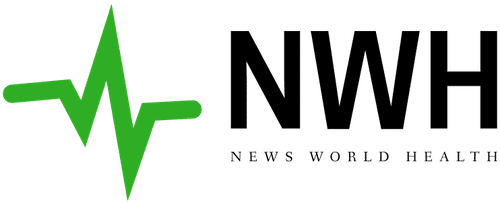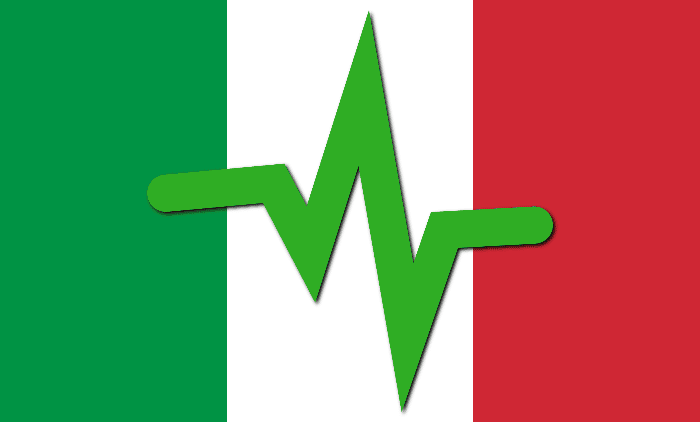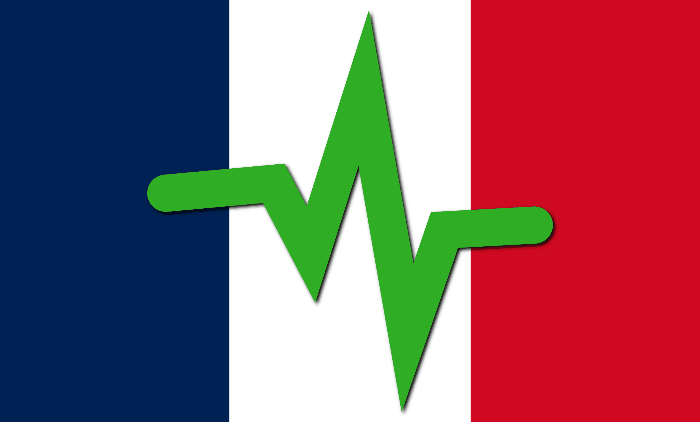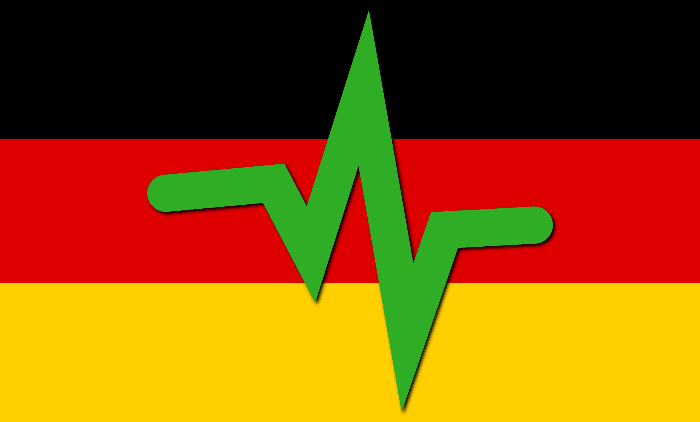Tumors, research is turbocharged: in 20 years the number of patients responding to therapies has doubled
[ad_1]
Clinical research accelerates and anticipates the arrival of results at the patient’s bedside even before moving on to phase 3, where the efficacy and safety of new therapies are tested on larger samples. In fact, over the last 20 years, the number of patients responding to cancer therapies already in phase I studies has doubled, from 9.6% to 18%, which, among other things in Italy, are clearly increasing with oncology as the protagonist. What spoils the party is the decrease in independent research, i.e. not sponsored by the industry, which suffers from a lack of resources and personnel. To provide young researchers from all over the world with the tools to understand the methodology of clinical trials, implement research ideas and learn to evaluate scientific literature, the Italian Association of Medical Oncology (Aiom) is organizing today and tomorrow in Rome, in collaboration with the American Society of Clinical Oncology (Asco), the second edition of the “Clinical Research Course”.
The boom in phase 1 studies
While once phase 1 trials were limited to providing an initial assessment of the safety and tolerability of drugs, they have increasingly taken on a therapeutic and regulatory role, also allowing for the rapid approval and availability of innovative treatments right at the end of the first level of research clinic. And the number of phase I studies in Italy is clearly increasing: in 2022 there were 126, 19% of the total (662), up 8% in two years (they were 11% in 2020). However, those in phase II (from 37.5% to 33.5%) and III (from 46% to 41%) are decreasing. “In Italy – he explains Francesco Perrone, president of Aiom – phase I studies have increased substantially compared to the past because the management system of phase I centers, established with the Determination of the Italian Medicines Agency (Aifa) n.809 of 2015, works very well, with which the minimum criteria and rules for authorizing a structure to conduct these trials were defined. Furthermore, thanks to the coordination of Aifa, the network of phase I centers has been taking shape since 2023, consisting of around 60 structures, mostly oncology, which will be implemented during 2024. The important role of the Joint Higher Institute Commission must also be highlighted of Healthcare – Aifa which, in 2023, authorized over 100 phase I studies on tumors”.
Oncology, Perrone (Aiom): “I’ll explain why independent clinical research is important”
by Irma D’Aria

The role of oncology research
In fact, oncology is the area in which the greatest number of trials is concentrated, 40% of the total. In 2022, in Italy, there were approximately 50 phase I studies against tumors, to exceed 100 in 2023. A study conducted by the National Cancer Institute and published in The Lancet analyzed 465 phase I protocols on 13,847 patients. In 20 years the percentage of global responses has doubled (from 9.6% in the period 2000–2005 to 18% in 2013–2019). “In twenty years the therapeutic value of phase I studies has increased, because we are able to define the molecular and genetic profile of tumors and patients are involved in whom it is presumed that the new molecules may be effective – he states Giuseppe Curigliano, member of the Aiom National Board. These treatments are characterized by a sort of identity card, which allows them to be directed to the right patient.”
Ovarian cancer: a ‘team’ of 16 experts is underway for early diagnosis and access to the most advanced treatments
by Irma D’Aria

Customized precision
These are often therapies aimed at a specific molecular target and the selection of people to be included in the trials takes place precisely in relation to the genetic defect that characterizes the individual tumor. “Furthermore – continues Curigliano – innovative technological platforms have defined the new generation of antibody-conjugated drugs, in which monoclonal antibodies can be associated with chemotherapy, other antibodies or radioisotopes, which deliver radiation to tumor cells. These are very powerful therapies, capable of delivering a power equal to, for example, 10 thousand times that of standard chemotherapy. Research progress therefore determines a strong growth in the number of potential new molecules to be included in the clinical trial circuit, starting from phase I”.
Accelerate to offer new therapies to patients
In general, there is also an increase in studies with complex designs, classified as phase I/II and I/III, and a greater flexibility of the regulatory authorities in evaluating them because these studies, until a few years ago, would have been the subject of single applications of authorization. “Moreover – he adds Saverio Cinieri, president of the Aiom Foundation – the Food and Drug Administration and the European Medicines Agency, i.e. the American and European regulatory bodies, have approved some drugs in recent years, in particular immunotherapies for the treatment of tumors, even only after phase I, with the aim of making them available in a very short time, especially in the absence of therapeutic alternatives. On the one hand this is a positive signal, because it highlights the extreme rapidity of scientific progress and treatment opportunities for patients, but great caution must always be exercised because, if some phases are eliminated, it then becomes more difficult to establish the relative value of new treatments”.
The importance of scientific evidence
Ensuring that drug approvals are timely but not premature is precisely the task of scientific societies such as Aiom and Asco which must guarantee evidence-based medicine, the right to treatment of individual patients and the sustainability of the healthcare system. “The immediate availability of therapies after phase I – he underlines Massimo Di Maio, president-elect Aiom – should correspond to particular cases in which a real innovative character is accompanied by solid evidence of benefit and the urgency of patients who have no alternatives. The involvement of patient associations in defining these aspects is also important.”
The course for young researchers
With this course, Aiom and Asco want to give young researchers the means to be not only critical readers of studies published in the literature, but also possible promoters of research projects. “For this reason – continues Di Maio – we offer an exhaustive overview of the methodology, which ranges from phase I studies to those of the subsequent phases, up to the trials in the phases that follow the availability of the drug in clinical practice, which should be carried out above all in the area of independent research. Aiom financially supported not only the enrollment in the course of all the selected participants, but also the travel expenses for some researchers coming from abroad, in particular from economically disadvantaged countries”.
The decline in independent clinical research
“We want to make young researchers protagonists in the planning of clinical trials – concludes the president Perrone. Teaching the methodology stimulates the ability to carry out independent research, which can mature especially in the late phases of experiments, such as ‘real world’ ones. Unfortunately, from 2021 to 2022, in our country, clinical trials not sponsored by the pharmaceutical industry decreased by approximately 7%. There is a lack of data managers, research nurses, bioinformaticians, experts in budget and contract review and public funding in this sector has always been undersized in Italy. Without the support of institutions, many central aspects of independent research, such as patients’ quality of life, will remain on the margins of scientific knowledge.”
[ad_2]
Source link



